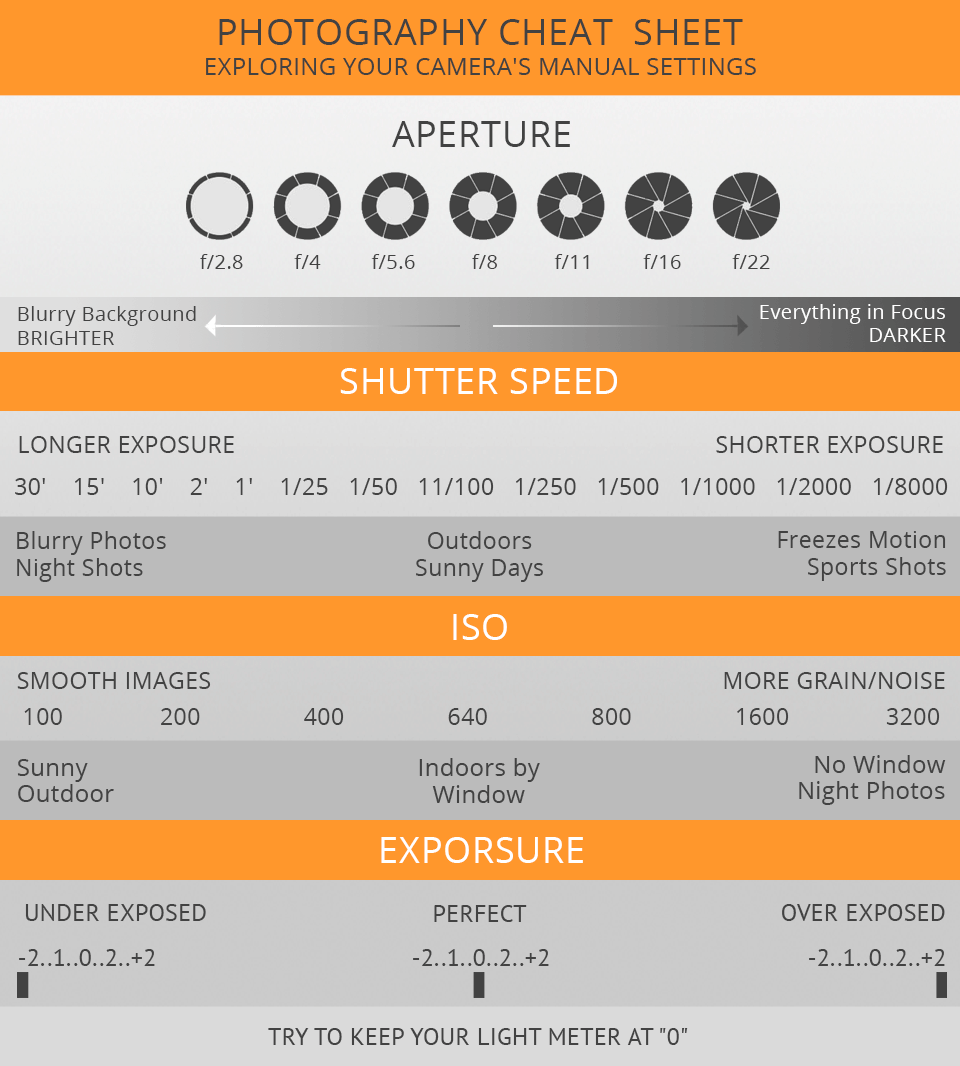What Every Digital Photographer Must Know About Lighting
What Every Digital Photographer Must Know About Lighting
Blog Article
Staff Writer-Rogers Riddle
As a professional photographer, you understand that lights can make or break your photos. Comprehending the nuances of both all-natural and man-made light is necessary for capturing the mood and clarity you go for in your job. Whether you're going after the perfect golden hour glow or fine-tuning your man-made configurations, understanding these components can raise your photography considerably. Yet there are common risks that numerous forget, and identifying them can change your method to every shoot. Let's discover what you may be missing out on and exactly how it can affect your outcomes.
Comprehending All-natural Light
Comprehending natural light is important for any type of digital photographer looking to boost their work. websites 's the foundation of excellent photography, affecting mood, tone, and clarity. When you fire outdoors, take notice of the time of day. The golden hour-- quickly after sunrise and before sunset-- uses soft, warm light that can change common scenes right into spectacular images.
Don't underestimate the power of overcast days. Cloud cover diffuses sunlight, developing a soft, also light that's perfect for pictures and macro digital photography. You'll find colors appear this sort of lighting without extreme darkness.
Placing matters, also. Constantly consider your topic's orientation to the light. If https://www.popphoto.com/story/how-to/make-money-off-your-photos/ 's behind your topic, you may end up with a silhouette, which can be significant however mightn't be what you want. Conversely, direct sunlight can develop unflattering shadows.
Explore angles; sometimes, altering your point of view can generate amazing results. Usage all-natural reflectors, like water or sand, to bounce light onto your subject, including measurement.
Mastering Artificial Light
Mastering man-made light is necessary for digital photographers who want to take their abilities to the next degree. Whether you're making use of speedlights, studio strobes, or continual lights, comprehending how to control these sources can dramatically improve your images.
Start by familiarizing on your own with the essentials of light top quality, direction, and color temperature level. Experiment with various modifiers like softboxes, umbrellas, or grids to regulate the gentleness or cruelty of the light.
https://writeablog.net/erasmo8587belva/crucial-digital-photography-gear-what-you-truly-need-to-start 'll locate that soft light often creates complementary outcomes, while harsher light can include dramatization and deepness. Don't shy away from darkness; they can enhance the three-dimensionality of your topics.
Pay attention to the positioning of your lights. Headshots for business positioned as well close to your topic can produce unflattering outcomes, while also far away can lead to a lack of information. Utilize a light meter or your camera's histogram to guarantee you're exposing properly.
Last but not least, keep in mind that man-made light can be blended with ambient light for imaginative effects. Balancing these resources might take method, but once you master it, your digital photography will absolutely beam.
Strategies for Various Scenarios
When you enter different capturing situations, adapting your lights strategies is critical for catching the very best photos. For exterior pictures, use the gold hour-- morning or late afternoon light-- to soften darkness and boost complexion.
If it's an extreme noontime sunlight, think about utilizing a reflector to jump light back onto your topic or look for shaded locations for a much more also exposure.
In low-light circumstances, like interior events, boost your ISO and use a large aperture to allow in even more light. A tripod can help eliminate camera shake, allowing for longer exposures without obscuring.
If you're shooting at night, trying out off-camera flash to produce dynamic lights and depth in your pictures.
For item digital photography, utilize diffused lights to prevent rough reflections. Softboxes or light camping tents can assist attain this impact.
When photographing landscapes, consider the direction of light and time of day, as it can dramatically alter the mood of your shot.
Always prepare to adjust your setups and placing based upon the circumstance, as versatility is vital to mastering lighting in digital photography.
Final thought
To conclude, understanding illumination is essential to boosting your photography skills. Embrace natural light's charm during golden hour, and don't avoid explore artificial light strategies. By adjusting your approach to various circumstances, you'll capture stunning photos that reverberate with feeling and clearness. Remember, the best lighting can change an average shot into something extraordinary, so keep exercising and refining your understanding of both all-natural and artificial light. Pleased capturing!
